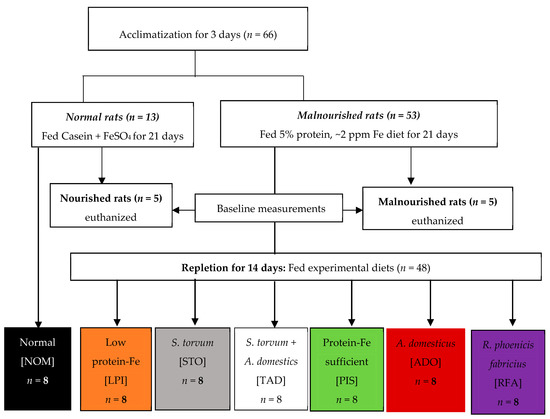

But on the implementation side, we now have to carry around this PhantomData marker or else Rust complains about an unused type parameter. The Faceebook query language provides and alternate API. The API is largely the same, and the usage example from before still works.

From the lens of access control, our API design goal is to only allow access to certain operations (eg read()) when an object is in a corresponding state (eg reading).Īs a first attempt, here's a perfectly reasonable API that's similar to std::fs::File: struct File ) I've done all I can to make sure all data passed through is encrypted. Also, if you don't trust using an alternative DNS server, you don't have to use it. Being a Thymeleaf template, it will show just fine, only with template/prototype data (note the subscription type options): Thymeleaf page - valid as a prototype. EDIT 3: Fixed TikTok, Instagram, and Facebook I'm working on an updated version to fix the Enable/Disable button, and to make the conflicts more lenient. It should adhere to the following state machine: reading eof closed open(path) read() read() close() close()Ī file is opened into a reading state, and is read until reaching the end-of-file (eof). html template file itself and let our browser open it. Note also that the intended usage of the term dcterms:references in Darwin Core when applied to an Occurrence is to point to the definitive source representation of that Occurrence if one is available. So we just substitute U, for ut if ut appears as. Let's say we're implementing an API for a read-only file. Note that the ResourceRelationship class is an alternative means of representing associations, and with more detail. Like typestate checking, our technique incorporates a dataflow analysis algorithm in which each point.


 0 kommentar(er)
0 kommentar(er)
